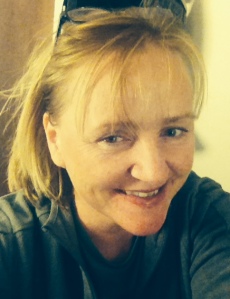DR JOHN DANAHER
Principal Investigator
John Danaher is a lecturer in the Law School at NUI Galway. He holds a BCL from University College Cork (2006); an LLM from Trinity College Dublin (2007); and a PhD from University College Cork (2011). He was lecturer in law at Keele University in the UK from 2011 until 2014. He joined NUI Galway in July 2014.
John’s research interests are in the areas of legal philosophy, emerging technologies and the future of human society. He has published several articles on scientific evidence in criminal trials, focusing in particular on the use of brain-based lie detection. His PhD dealt with the impact of advances in neurosciences for theories of criminal responsibility. He has since focused on human enhancement technologies; philosophy of punishment; and robotics and the future of work. He also maintains an ongoing interest in moral philosophy and the philosophy of religion.
He has, for a long time, written blog focusing on his research and teaching-related interests called Philosophical Disquisitions, and he also writes for the Institute for Ethics and Emerging Technologies.

PIP THORNTON
Research Assistant
Pip joined the project for a 5 month post as Research Assistant in September 2016, having taken an interruption in her PhD studies in Geopolitics and Cybersecurity at Royal Holloway, University of London.
With a professional background in the police and the military, Pip holds BA degrees in History and Politics (Liverpool), English Literature (OU), and a Masters in English from King’s College London (KCL).
Pip’s research interests cross over many disciplines, focussing on how words and meaning move (or are moved) through digital spaces, and the socio-political, cultural and economic causes and effects of the digital or algorithmic processing and reproduction of language. Her thesis title – Language in the Age of Algorithmic Reproduction – uses the framework of Walter Benjamin’s Work of Art in the Age of Mechanical Reproduction to examine the impact and control that Google and the wider Search Engine industry has over language, literature and knowledge production.
She blogs at www.linguisticgeographies.com.
